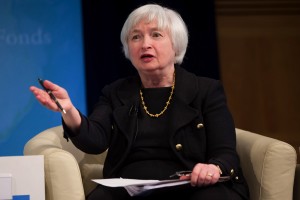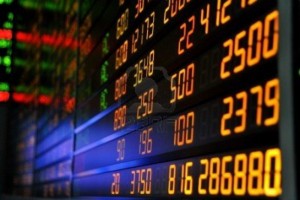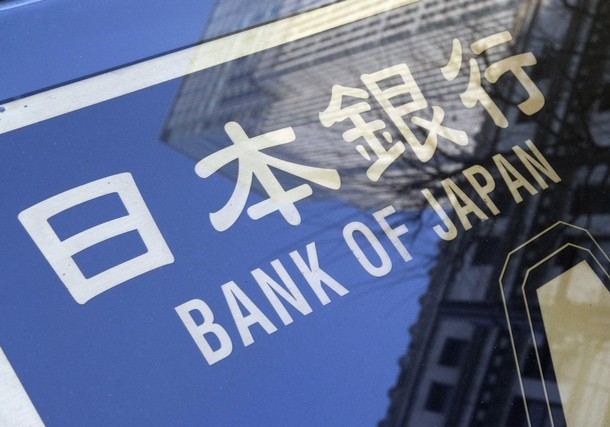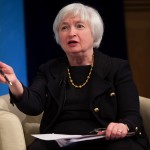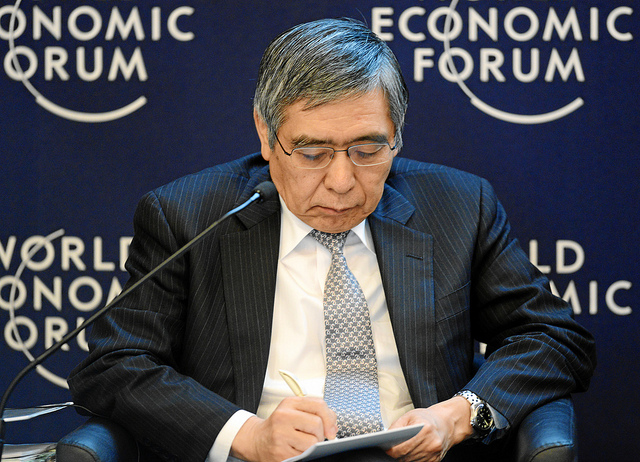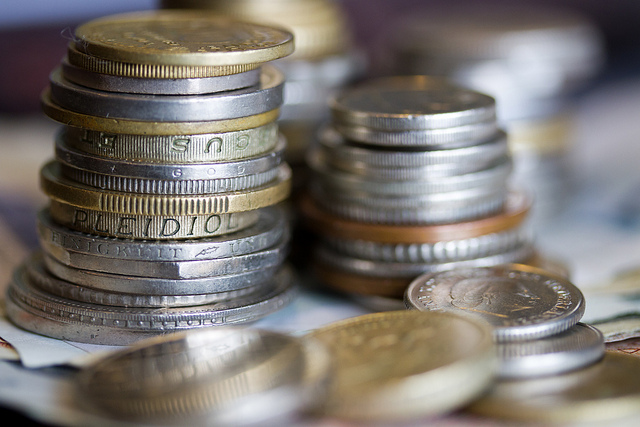Here’s today’s ‘Just A Minute’ bringing you a 60 second summary of what’s happening in the financial markets:
WHAT WE’RE WATCHING TODAY
Dollar Holds Longest Yen Gains Since 2005 Following U.S. GDP
There are clear signs that the U.S. economy is strengthening as the dollar headed for its biggest monthly gain versus the euro since February last year. The dollar has risen versus all except one of its 16 major counterparts in July as reports have shown gross domestic product rebounded, consumer confidence improved and durable goods orders increased. Economists predict that NFP data tomorrow will reveal that employers added more than 200,000 jobs for a sixth month. The dollar was little changed at $1.3396 per euro having advanced 2.2 percent this month. It appreciated to $1.3367 yesterday, the strongest since Nov. 12. The U.S. currency traded at 102.78 yen from 102.79 in New York, having risen for the previous nine trading days.
So far, the Fed has nevertheless given no signs of being in a hurry to raise interest rates. Yesterday, it delivered a slightly more upbeat assessment on the economy and scaled back its monthly bond-buying program by another $10 billion in a widely expected move. Traders expect markets to now take stock of the overnight moves and wait for the next batch of key data including U.S. non-farm payrolls tomorrow.
U.S. Stocks Higher As Fed Calms Rate-Hike Fears
U.S. stocks ended a choppy session slightly higher, as the Federal Reserve appeared to ease fears that it will start raising interest rates sooner than anticipated. Following yesterday’s FOMC meeting, the Fed said the economy is improving but emphasised that significant slack remains in the labour market. The central bank gave no hint of timing of the first rate hike and repeated that it expects that to come a considerable time after the end of its bond-buying program. The S&P 500 closed up less than a point at 1,970.08. The Dow Jones Industrial Average finished off session lows, but with a loss of 31.75 points to 16,880.36. The Nasdaq Composite added 20.20 points to 4,462.90. Tech stocks shone amid a buying frenzy in Twitter after the social media network’s results exceeded forecasts. Its shares leapt 22% as analysts moved up price targets in the wake of blowout results. European stocks closed mostly lower, while in other markets crude oil and gold both lost ground.
Gold Stays Below $1,300 On U.S. Economic Optimism
Gold held overnight losses to trade below $1,300 an ounce today and looked likely to extend declines to a fourth day as optimism over U.S. economic growth curbed safe-haven appetite for the metal. Spot gold was flat at $1,295.20 an ounce after dropping 0.3 percent in the previous session. If U.S. data continues to beat expectations, the metal will come under further long liquidation. According to some analysts, gold is poised to break support at $1,292 and fall further to $1,284, as indicated by its wave pattern and a Fibonacci projection analysis.
That sums up today’s highlights! Remember to keep in touch via our Facebook, Twitter, Google+ and LinkedIn pages for all the latest trading developments. We hope you have a profitable day on the markets.




